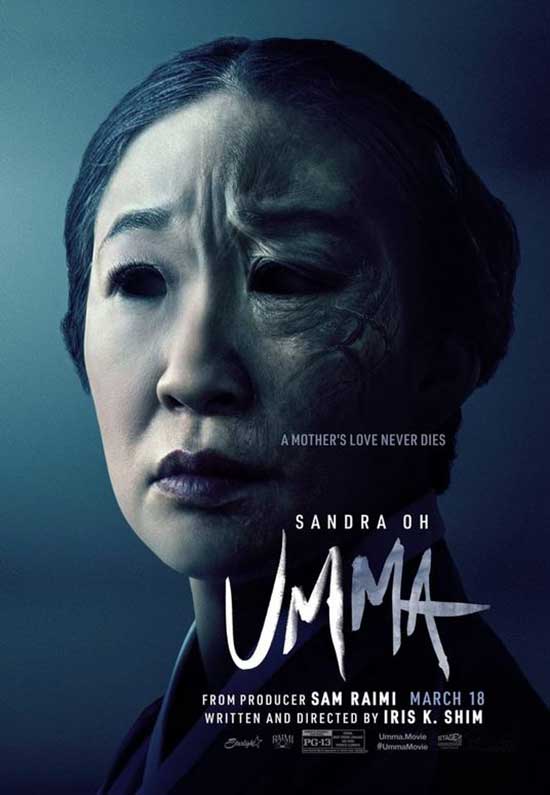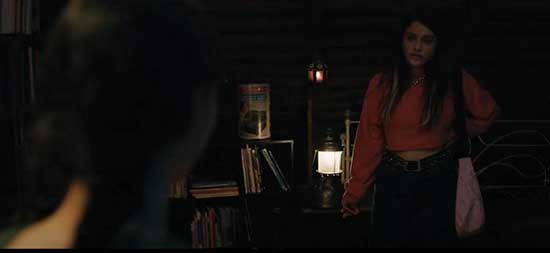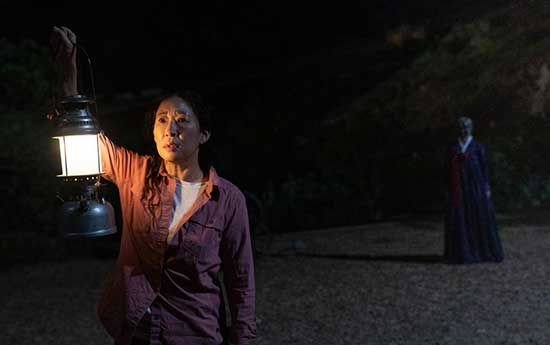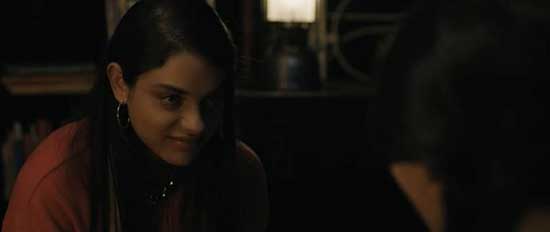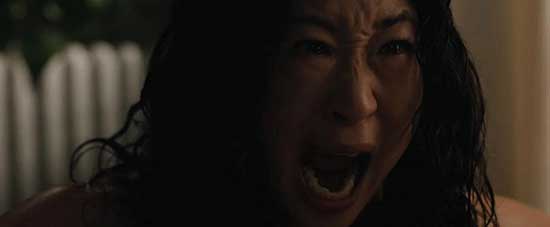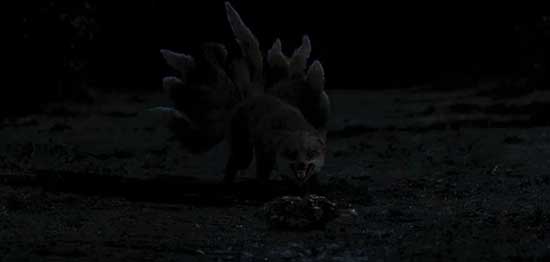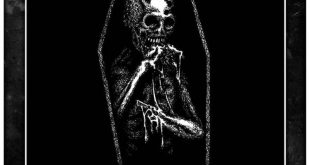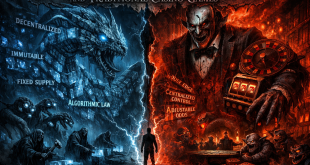SYNOPSIS:
Amanda and her daughter live a quiet life on an American farm, but when the remains of her estranged mother arrive from Korea, Amanda becomes haunted by the fear of turning into her own mother.
REVIEW:
Sandra Oh stars in a middle of the road ghost story by Iris K. Shim. The melancholic story of mothers and daughters ticks all the boxes for the sub-genre it represents, but unfortunately fails to bring anything overly original to the mix.
The story centres around Amanda (Oh), who lives a quiet life in the countryside together with her daughter Crissy (Fivel Steward). Due to Amanda’s electricity allergy, the two live an isolated existence without any modern cons. However, the harmonious country life is interrupted by a visit from Amanda’s uncle who reluctantly has come to deliver the ashes of Amanda’s estranged mother. Weird things ensue after this unwanted delivery, and Amanda must face her past demons in order to keep herself and her daughter safe.
As the plot outline reveals, Umma takes the tried and tested approach. We have an isolated location, past trauma, estranged family and major life events all coming together in a very familiar package. What set Umma slightly apart is the Asian American perspective. While a story of abusive parents and difficult mother-daughter relationships is a universal one and could be applied to pretty much any societal group, Shim has given this age-old tale a fresher outlook by exploring it through the immigrant experience gone wrong. This is the most interesting part of the film and had the plot had more focus on the inherited trauma of being an outsider, not being able to connect with the world around you, and the feeling of not being able to ask for help when you need it, Umma could have been a hell of a lot more of an interesting film. Instead they are merely skimmed over in favour of some very predictable jumps scares and a plot so familiar that you can nearly predict each characters next line. Disappointing to say the least.
While somewhat foreseeable, the scares themselves are not half bad. Yes, it may be easy to predict when one is going to happen, but the special effects do offer some nice visuals that might just put a smile on your face. They are well paced out, uncomplicated tricks that are pleasing in their simplicity and do help to bring a little eeriness to the story. It is nothing you haven’t seen before, but still solidly executed. Performances are also decent all around. Sandra Oh has a good go at bringing Amanda’s character alive and Steward’s performance as her daughter is sympathetic and likeable. MeeWha Alana Lee as the titular Umma does not actually get that much screen time, but the little that she does have, she does very well. Unfortunately, much like the plot, all the characters are left fairly underdeveloped and therefore do not significantly add anything to the film.
Umma’s biggest downfall is its distinct lack of suspense. There are one or two scenes that might get the viewers to jump, but for the most part the familiarity of the story and the predictability of the scares cause any potential tension to vanish like a ghost in the night. It almost feels like Shim could not quite commit to the heavier themes of the film (or perhaps the studio couldn’t, who knows) and as a result what we get is a very mediocre ghosts story, instead of the dark, oppressing character study that it could have been.
The sentiment that best describes Umma is ‘lost opportunity’. It is frustrating to watch a film that obviously had potential to be much more, but instead of diving head first in amongst the themes that make it unique and interesting, it only skims the surface and delivers something that is obviously meant to please as large audience as possible. As history has taught us, this kind of filmmaking might bring more people to the theatres, but unfortunately it does not a good horror movie make. While I would not go as far as calling Umma bad, but it definitely had the potential to be much, much better.
 Horror News | HNN Official Site | Horror Movies,Trailers, Reviews
Horror News | HNN Official Site | Horror Movies,Trailers, Reviews
